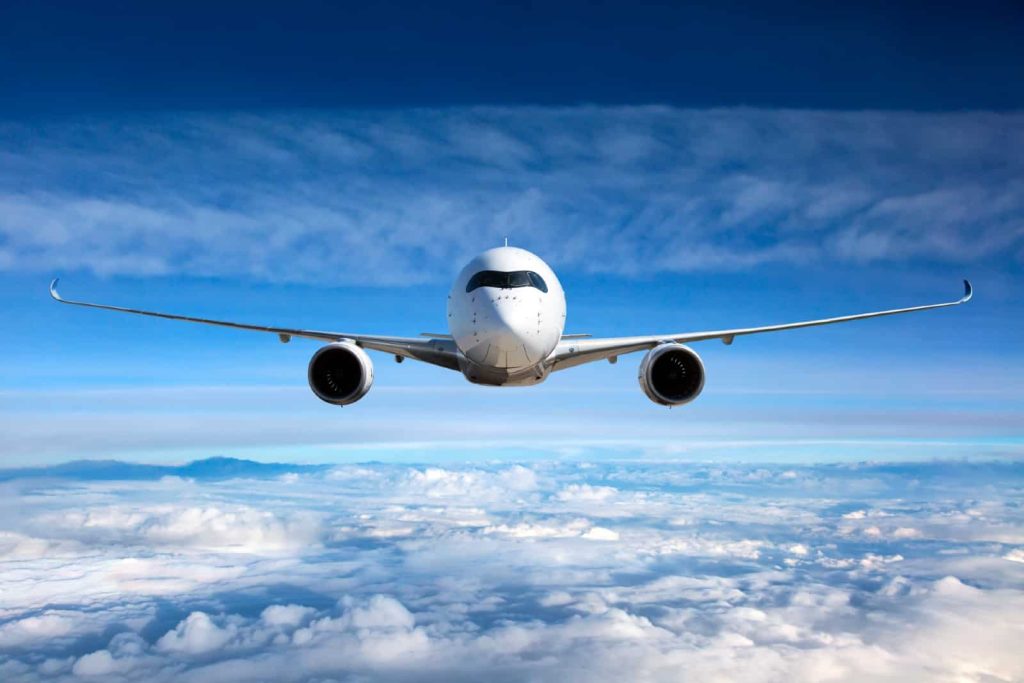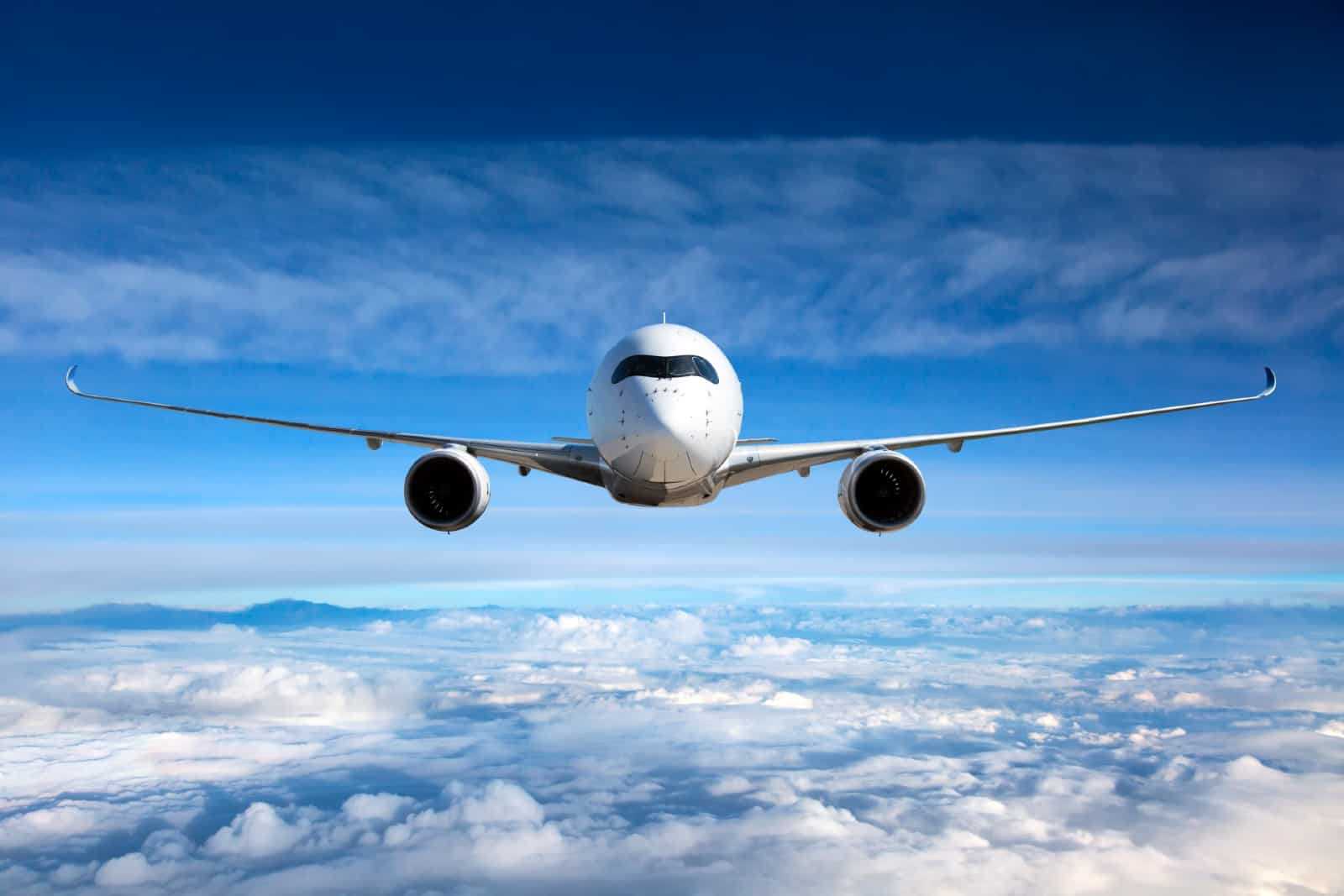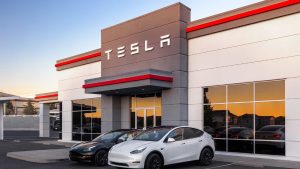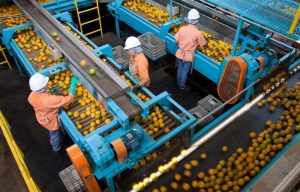What’s happening with IAG’s share price?


International Consolidated Airlines Group’s (LSE: IAG) share price is trading at a level not seen since 11 March 2020.
The latest positive factor behind this is US investment banking titan JP Morgan putting it on ‘positive catalyst watch’. This means it expects a stock’s price to outperform the market in the near future, based on a specific feature. In the airline’s case, its highest premium (business or first class) seat penetration at 17% on transatlantic flights.
JP Morgan underlining this makes it the best placed to “capture sticky premium US demand”.
That said, I think there are two additional positive factors may push the share price higher long term as well.
Consistently strong business performance
Like all airlines, IAG as it is known, suffered tremendously during the Covid period. And just as it looked like it was recovering, Russia invaded Ukraine, which pushed oil (and jet fuel) prices much higher.
A risk for the airline is that a new pandemic may do the same at some point. Another is a further surge in the cost of living that may deter people from taking holidays.
However, IAG’s 2024 annual results saw revenue jump 9% year on year to €32.1bn (£27.02bn). Operating profit soared 22.1% to €4.283bn and profit after tax increased 2.9% to €2.732bn.
Net debt dropped 17% over the year to €7.517bn.
Its Q1 2025 numbers saw operating profit rocket 191% year on year to €191m (£161m). Total revenue jumped 9.6% to €7.044bn and net debt fell 18% to €6.129bn. Its operating margin more than doubled to 2.8% from 1.1%.
Consensus analysts’ forecasts are that IAG’s earnings will rise 6% each year to the end of 2027. And it’s growth here that ultimately powers a firm’s share price.
Share price undervaluation
Another positive factor for the future is the still-extreme undervaluation in IAG’s share price.
In my experience, the share price of strong companies tends to converge toward their fair value over time. This experience comprises several years as a senior investment bank trader and 35 years as a private investor.
So where is its fair value? The best method I have found for establishing this is discounted cash flow (DCF) analysis. This highlights where any firm’s share price should be, based on cash flow forecasts for the underlying business.
The DCF for IAG shows its shares are 45% undervalued at their current price of £3.80. Therefore, their fair value is £6.91.
So will I buy the stock?
The airline sector is too risky for me (as I’m aged well over 50). Basically, the earlier someone is in their investment cycle, the more risks they can afford to take.This is because there is more time available for stocks to recover from any shocks they might encounter.
Given my age, I am also increasingly focused on stocks that deliver a 7%+ dividend yield, and IAG’s is 2%. The higher yield means I can increasingly live off the dividends and reduce my working commitments.
That said, for younger investors, I believe IAG is seriously worth considering for its earnings prospects. I have little doubt that these will push its share price and dividends much higher over time.
The post What’s happening with IAG’s share price? appeared first on The Motley Fool UK.
More reading
- Here are analysts’ share price forecasts for Rolls-Royce, IAG, and BAE Systems shares
- If the stock market crashes tomorrow, here’s what I’ll do with my portfolio
- If investors had bought £1,000 of IAG shares 5 years ago, here’s how much money they’d have made…
- High-flying IAG shares are up 50% in 3 months but I still think they’re too cheap to ignore!
- Do I regret selling my IAG shares?
Simon Watkins has no position in any of the shares mentioned. The Motley Fool UK has no position in any of the shares mentioned. Views expressed on the companies mentioned in this article are those of the writer and therefore may differ from the official recommendations we make in our subscription services such as Share Advisor, Hidden Winners and Pro. Here at The Motley Fool we believe that considering a diverse range of insights makes us better investors.





